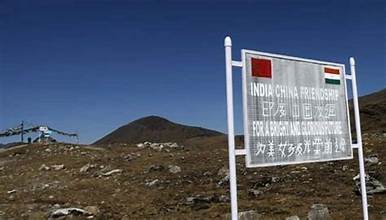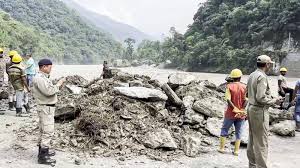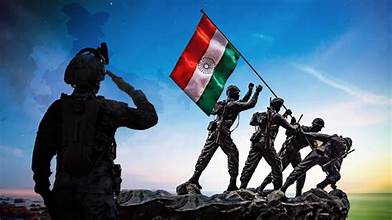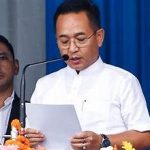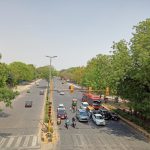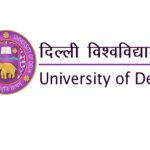Tensions in Lachung, North Sikkim, escalated on December 12, 2024, during a public meeting held at Thomchi Playground. The meeting, which was convened to discuss the proposed abolition of the Dzomsa system, quickly turned contentious and resulted in two police cases being filed following violent clashes.
The Proposed Abolition of the Dzomsa System
The meeting was called by the pipons (village heads), Pema Wangdhi Lachungpa and Dorjee Chewang Lachungpa, to discuss a memorandum advocating for the abolition of the Dzomsa system. This traditional governance structure has been integral to the communities in Lachen and Lachung for over a century. The memorandum, which was addressed to the District Magistrate of Mangan, was signed by seven individuals. The proposal has stirred significant debate within the community, as it would impact the longstanding self-governing system.
Violent Altercation During the Meeting
The first police case, Lachung P.S Case No. 02/2024, was filed under Sections 117(2) and 3(5) of the BNS 2023. It involves accusations against Damdi Lachungpa and seven others, who are alleged to have been involved in a violent altercation during the meeting. The clash occurred between the complainant, Kundup Dorjee Lachungpa, and members of the Dzomsa council. As a result, both the complainant and his brother were physically assaulted and had to be taken to the District Hospital in Mangan for medical treatment. The authorities are continuing their investigation into the incident.
Second Incident: Weapon Brandishing and Public Disorder
In a second police case, Lachung P.S Case No. 03/2024, the accused are Pema Wangay Lachungpa and Kundup Dorjee Lachungpa. The case stems from the same meeting, where Kundup Dorjee is accused of brandishing a khukuri, a traditional sharp weapon, in a threatening manner. Though no physical injuries were reported, the incident caused public panic and disorder. The authorities are investigating the matter further, as it led to heightened tension in the community.
Understanding the Dzomsa System: A Traditional Self-Governance Model
The Dzomsa system is a traditional form of self-governance that has operated in Lachen and Lachung since the 19th century. This system serves as a local council that resolves disputes, administers community affairs, and maintains order within the villages. The Dzomsa is composed of elected members, including the Pipon (village head), who represent the community in external matters and act as mediators in conflicts.
In 1985, the Dzomsa system was officially recognized by the Sikkim government, despite the introduction of the Panchayati Raj system in other regions of the state. The Dzomsa provides a decentralized, community-based governance model and has been praised for resolving disputes effectively without the need for formal courts. It is similar in function to Lok Adalats, which settle disputes at the local level.
Looking Ahead: The Future of the Dzomsa System in Sikkim
The proposed abolition of the Dzomsa system has sparked significant debate and unrest within the community. As the investigation into the violent incidents continues, the fate of the Dzomsa system remains uncertain. The outcome will likely impact not only the future of governance in Lachung and Lachen but also the broader cultural and social fabric of North Sikkim.


